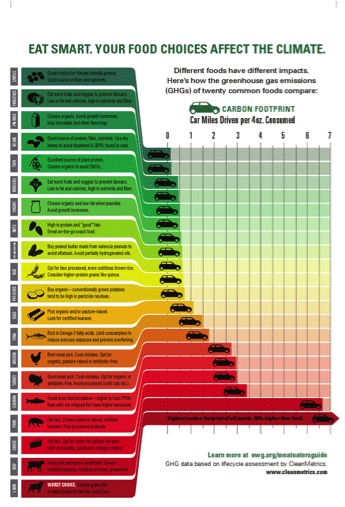
Every time you open a can or jar of tomatoes, you release the essence of that warm, summer day in which those perfectly ripe tomatoes were harvested. These tomatoes are picked at their top flavor and nutrition peak on the field before they are quickly whisked away to the processing plant to be canned, sealing in all of that good flavor and nutrition within just a few hours of harvest.
Beyond good taste and nutrition, you also make a more sustainable choice by choosing those preserved tomatoes. Why is it a more sustainable choice than fresh? The fresh tomato crop is typically picked about two weeks before maturity to withstand transportation, during which it requires more energy to refrigerate and transport. In addition, many fresh tomatoes are grown in Mexico, requiring longer transportation distances, or in heated, energy-intensive greenhouses before reaching your supermarket shelf.
No wonder processed tomatoes can be a more sustainable option. Just look at the reasons why:

- The cultivation of tomatoes results in a smaller environmental impact compared to other popular crops. An analysis of 20 common foods in the U.S. rated tomatoes as the second best food in terms of its greenhouse gas emissions (EWG).
- Canned tomatoes have a lower environmental impact than fresh tomatoes, because they make use of tomatoes that cannot be sold as fresh, and storage and transportation is less intensive than for fresh tomatoes (Rocklinsberg & Sandin).
- Canned tomatoes have a lower environmental impact than fresh tomatoes grown in heated greenhouses or from countries far away (Rocklinsberg & Sandin; Gibson, Farbotko, Grill, Head, & Waitt).
- Food that is canned is food that is not wasted, which helps offset 72 million tons of food wasted in the U.S. (Feeding America).
- The Environmental Working Group gives many tomato products their top scores in terms of nutrition, ingredients, and processing. For example, organic crushed tomatoes, organic whole peeled tomatoes, organic diced tomatoes, and organic stewed tomatoes received scores of 1.1 – 1.2, with 1.0 being the best and 10.0 being the worst (EWG).

- Steel cans are 100% recyclable, over and over again, forever. An estimated 80-90% of all steel ever produced is still in use today. And about 71% of steel cans are recycled. (Can Manufacturers Institute)

Sharon Palmer tasting freshly harvested processing tomatoes in the fields in California.
Recent Comments